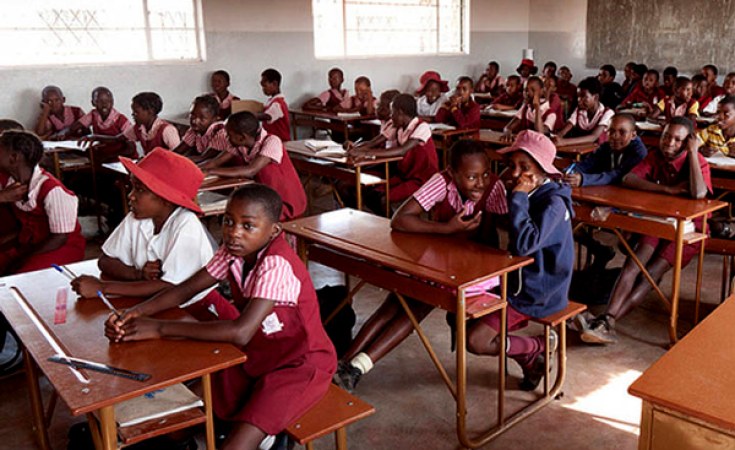The publication of this year's Ibrahim Index of African Governance (IIAG) highlights the importance of both state and non-state actors in countries across the continent taking practical steps to address the shortcomings in governance which the index highlights.
Political office-holders across the continent take an interest in the annual publication of the index. While governance is intrinsically difficult to measure, it is pivotal to the delivery of tangible public goods like roads and healthcare. This makes politicians anxious to see how their performance is judged. A good ranking often becomes a talking point among politicians, while it is not uncommon for them to dismiss or avoid the implications of a poor ranking.
But unless priority is given to planning and implementing actionable steps to reform shortcomings, the index will serve only a small community of development workers and technicians who fill out charts on impact evaluation.
So, how can a measure of governance such as IIAG be translated into actions on governance?
To begin with, it helps to unpack the index. Governance can have different meanings to different people, so an index on governance can be variously interpreted. The IIAG in particular is ambitious in including a wide variety of the factors that make for good governance, ranging from the rule of law to inclusivity in decision-making to environmental sustainability. Important as this is, the idealism inherent in such benchmarks often loses the public in a web of misinterpretation. Like the parable of the blind men and an elephant, people tend to interpret governance based on areas they are most familiar with.
For example, many people associate governance with political governance, so a good overall performance on the index can tacitly legitimize a country's political climate, whereas the country in question may have scored poorly on participation and human rights but compensated with high scores in other areas.
The IIAG does well in disaggregating results into the components that make up overall governance. Therefore, unpacking the index and breaking it down into its separate components such as economic governance, public sector governance and the like helps to target public scrutiny in a more useful way.
Furthermore, it is not clear how much consultation is carried out with governments during the preparation of the IIAG. The Ibrahim Foundation, which publishes the index, prides itself on its independence, implying that national governments have no say in what is published about their country. This approach may not, however, serve the broader interest of improving governance because it fosters a sense of animosity from civil servants who are sometimes doing their best with limited resources, only to be be rewarded by bad scores in an index.
Also, because the IIAG is a composite of primary data sources - many of which are sourced externally - it might not fully capture the context behind certain scores. For instance, an indicator such as Women's Political Participation may take account of the number of women in parliament or in a cabinet while ignoring the "quality" of their participation, that is, whether they lead senate committees or hold crucial cabinet positions.
Consultation can help contextualize governance profiles but more importantly oblige governments to be more accepting of the ratings and work towards improvement.
Finally, it would be useful to reward countries for improved performance relative to previous years. As noble as the foundation's annual Ibrahim Prize for African Leadership is, it is difficult to make the case that it spurs incumbent African leaders into becoming better at governance.
If the foundation seeks to change the culture of African leadership or at least incentivize good leadership, it should consider designing and recommending mechanisms to reward financially countries which show the most improvement each year.
In that way, it will stimulate competitive demand for good governance by citizens of the country. In fact, the money can be targeted to finance areas where the most action is needed to improve a country's overall governance, such as a capacity building program on macroeconomic forecasting or the procurement of public management software.
The Mo Ibrahim Foundation does incredibly important work publishing the IIAG but it will go to waste if it doesn't become a catalyst for governance reform. Countries do not have a Ministry of Governance that can exclusively take on board the implications of the report, so there needs to be careful deliberation by all stakeholders in translating the index's findings into action.
Folorunso David is a consultant on economic governance and political economy in Africa. On Twitter, find him at @funsodavid.


